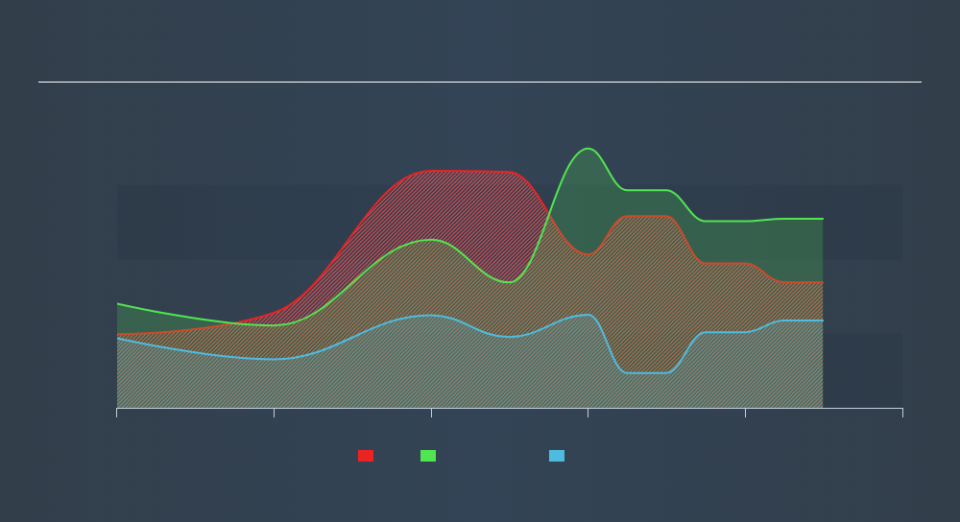Is GYG (LON:GYG) Using Too Much Debt?

Legendary fund manager Li Lu (who Charlie Munger backed) once said, 'The biggest investment risk is not the volatility of prices, but whether you will suffer a permanent loss of capital. So it seems the smart money knows that debt - which is usually involved in bankruptcies - is a very important factor, when you assess how risky a company is. We note that GYG plc (LON:GYG) does have debt on its balance sheet. But is this debt a concern to shareholders?
Why Does Debt Bring Risk?
Generally speaking, debt only becomes a real problem when a company can't easily pay it off, either by raising capital or with its own cash flow. If things get really bad, the lenders can take control of the business. However, a more usual (but still expensive) situation is where a company must dilute shareholders at a cheap share price simply to get debt under control. By replacing dilution, though, debt can be an extremely good tool for businesses that need capital to invest in growth at high rates of return. When we think about a company's use of debt, we first look at cash and debt together.
View our latest analysis for GYG
What Is GYG's Debt?
As you can see below, GYG had €8.41m of debt at June 2019, down from €12.8m a year prior. On the flip side, it has €5.85m in cash leading to net debt of about €2.56m.
How Healthy Is GYG's Balance Sheet?
Zooming in on the latest balance sheet data, we can see that GYG had liabilities of €22.9m due within 12 months and liabilities of €11.0m due beyond that. On the other hand, it had cash of €5.85m and €6.05m worth of receivables due within a year. So its liabilities total €22.0m more than the combination of its cash and short-term receivables.
This deficit is considerable relative to its market capitalization of €32.7m, so it does suggest shareholders should keep an eye on GYG's use of debt. This suggests shareholders would heavily diluted if the company needed to shore up its balance sheet in a hurry. When analysing debt levels, the balance sheet is the obvious place to start. But it is future earnings, more than anything, that will determine GYG's ability to maintain a healthy balance sheet going forward. So if you want to see what the professionals think, you might find this free report on analyst profit forecasts to be interesting.
Over 12 months, GYG made a loss at the EBIT level, and saw its revenue drop to €53m, which is a fall of 2.2%. We would much prefer see growth.
Caveat Emptor
Over the last twelve months GYG produced an earnings before interest and tax (EBIT) loss. Indeed, it lost €1.5m at the EBIT level. Considering that alongside the liabilities mentioned above does not give us much confidence that company should be using so much debt. So we think its balance sheet is a little strained, though not beyond repair. We would feel better if it turned its trailing twelve month loss of €1.7m into a profit. So in short it's a really risky stock. For riskier companies like GYG I always like to keep an eye on whether insiders are buying or selling. So click here if you want to find out for yourself.
If, after all that, you're more interested in a fast growing company with a rock-solid balance sheet, then check out our list of net cash growth stocks without delay.
We aim to bring you long-term focused research analysis driven by fundamental data. Note that our analysis may not factor in the latest price-sensitive company announcements or qualitative material.
If you spot an error that warrants correction, please contact the editor at editorial-team@simplywallst.com. This article by Simply Wall St is general in nature. It does not constitute a recommendation to buy or sell any stock, and does not take account of your objectives, or your financial situation. Simply Wall St has no position in the stocks mentioned. Thank you for reading.


